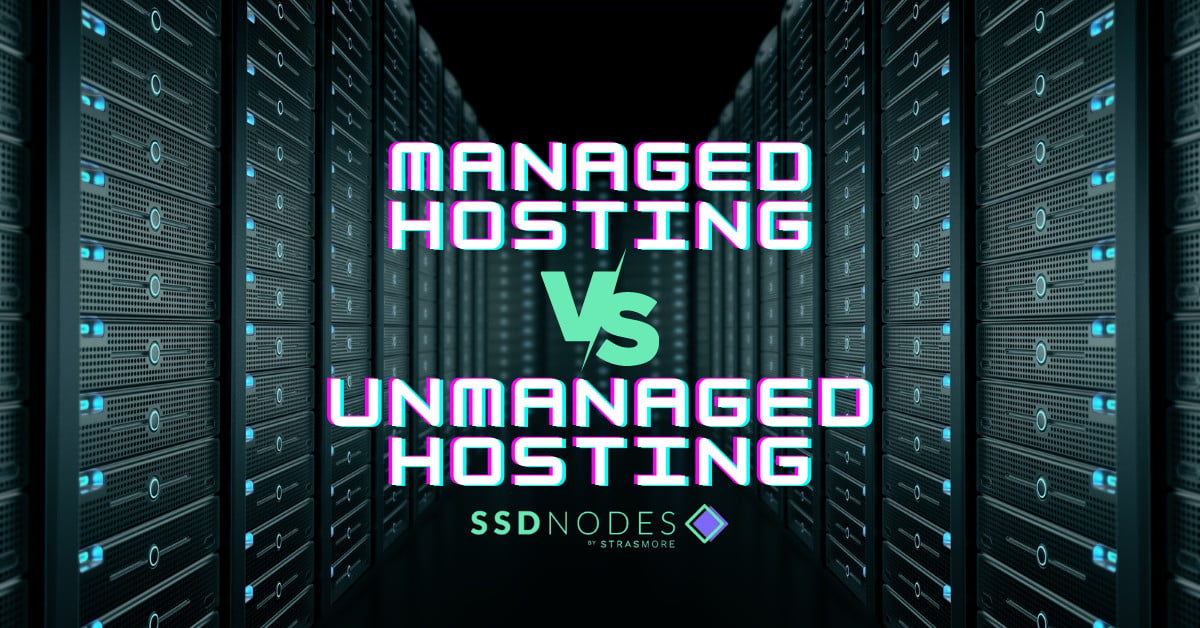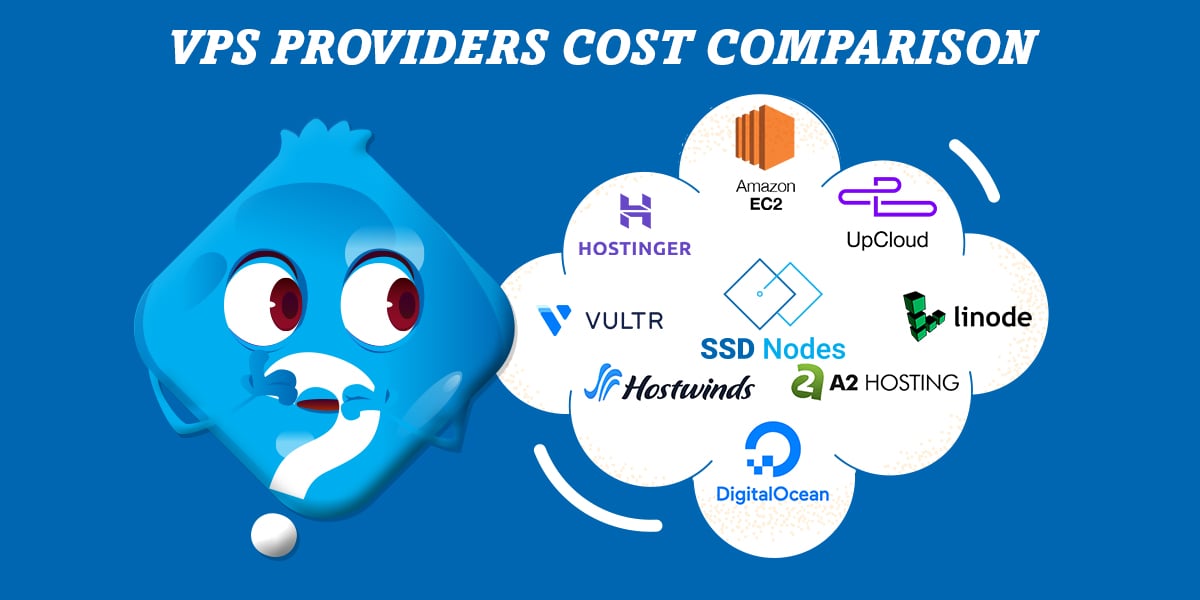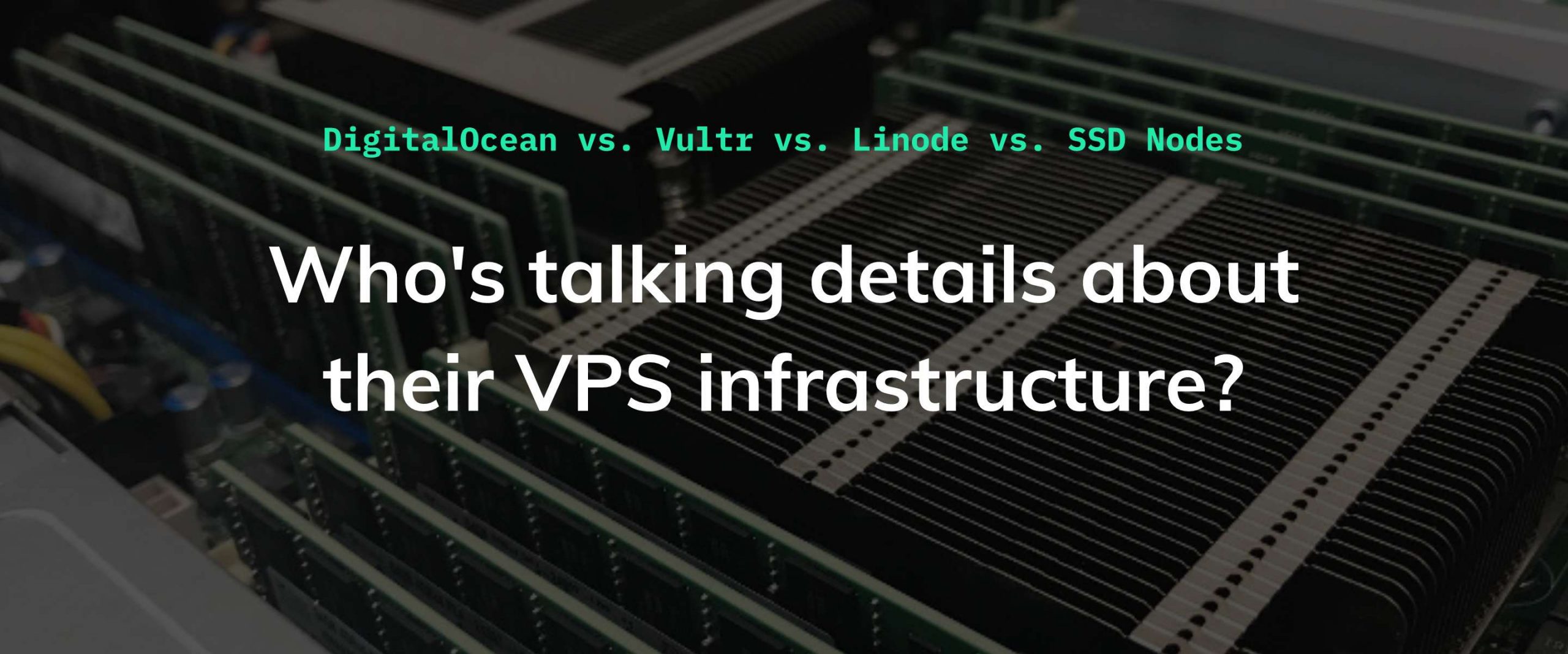What is VPS hosting?
A Virtual Private Server or VPS hosting uses virtualization technology. If you're not familiar with virtualization technology. According to Redhat: "Virtualization is a technology that lets you create useful IT services using resources that are traditionally bound to hardware. It allows you to use a physical machine's full capacity by distributing its capabilities among many users or environments." Virtualization is done through the hypervisor or virtual machine monitor (VMM). Its computer software, firmware, or hardware builds and operates virtual machines (VM) by separating the hardware parts from the OS and applications (CPU cores, disk space, memory, etc.). The host machine is the computer system where the hypervisor machine runs. Every other virtual machine is called the guest machine. The hypervisor gives each guest machine its own virtual operating system. The job of a hypervisor is to manage and operate guest OS. To do this, it uses processor cycles, memory space, and network bandwidth. VPS hosting depends on the hypervisor to take resources from the physical server and gives access to each website with an emulated server. The physical servers are kept in a data center and are equally divided between many server components (or server virtualization). The separate server software is installed in every compartment to make each unit work independently. Every VPS unit is known as a container. These containers are stored in servers called nodes. VPS provides many benefits within the operating system and lets you install any software running on that OS. Virtual server software is installed separately, offering independent functionality for every user. An amount of memory and CPU time is shared with everyone using the server space. And it ensures that they have the required amount of processing power irrespective of the size of the website you're working on. Although the VPS system is set up for all users, it is essential to know how it works. When your website is deployed on a VPS, it's up to you to set up, maintain and run the server — which can be tough to manage. Let's not forget software updates, handling security patches, and server configuration. Thus, the distinction between a managed server and an unmanaged server. So, VPS hosting is when a physical server is split among many users through a hosting or cloud service provider. The server is then installed on a machine run by a hosting provider that manages multiple VPSs. A VPS hosting imitates many functionalitiesContinue reading this article
by subscribing to our newsletter.
Subscribe nowby subscribing to our newsletter.




